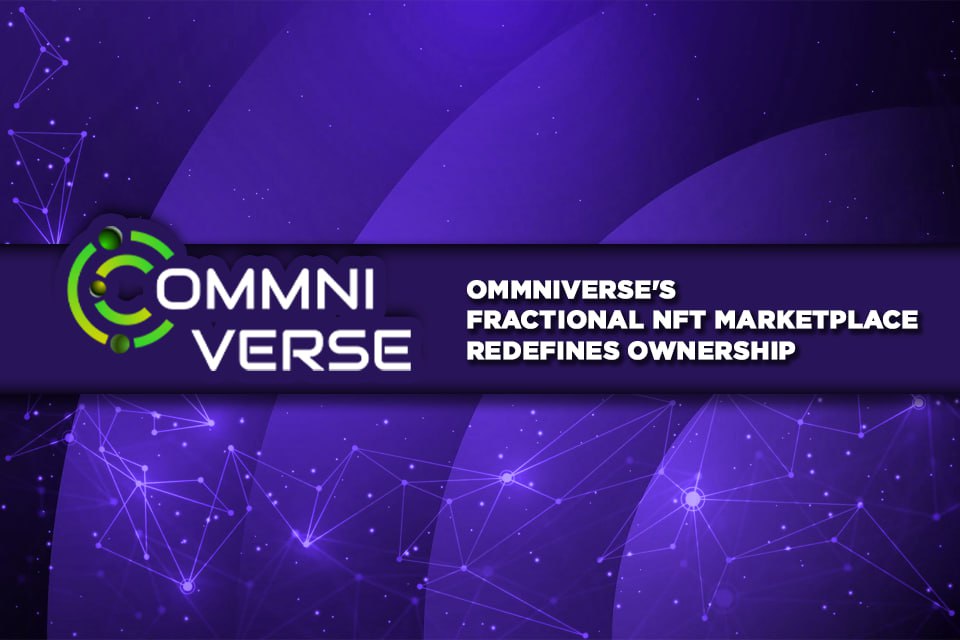The past decade has seen an increase, globally, in the scrutiny of corporate supply chains, particularly those involving material sourcing and labor practices. The adoption of the German Supply Chain Act in June 2021 is one milestone step in response to public outcry for companies to better monitor and address human rights and environmental risks in their supply chains. On a practical level, however, it will be challenging for many organizations to ensure such transparency, maintain efficiency and operationalize new regulatory requirements. As new supply chain reporting practices and obligations scale up, blockchain technology offers a promising solution to facilitate and automate transparency, security and improved communication with regulatory bodies and partners.
In this blog you will learn more about the German supply chain law and how blockchain works for the supply chain.
How will companies be required to comply with the new law?
The German Supply Chain Act, also known as the Due Diligence Act, is designed to create transparency along the supply chain. The aim is to prevent human rights violations and violations of the environment. The law enters into force on 1 January 2023. If due diligence measures are not implemented in time, companies may suffer legal and financial consequences as well as negative publicity.
Companies act in accordance with the law by:
- Document the suppliers involved in their supply chain and select them based on sustainability criteria.
- Establish a complaint system that is accessible without barriers.
- Issue a senior management human rights statement detailing risks, the risk management approach and human rights-related expectations.
- Assess and document changes in the supply chain using risk analysis.
- Implement preventive and responsive measures to fulfill due diligence obligations under the law.
The law will initially apply to companies with over 3,000 employees, and in 2024 the threshold will fall to 1,000 employees. According to the explanation from the German Federal Ministry, approximately 2,800 companies will eventually be affected in Germany.
How can blockchain technology ensure transparency around the sustainability and security of your supply chain?
Complex supply chain ecosystems rely on data at every step of the process. From procurement of materials to delivery at the end client, streamlining the process includes multiple technology stacks combined with, in some cases, manual data entry. Blockchain technology has the ability to help streamline these complex multi-layered processes.
On a blockchain, blocks of data are linked together in encrypted form using timestamps and hash values. The data blocks are continuously updated with recorded transactions stored on a decentralized network of computers (nodes) that all work within the network. A copy of the data exists on every node in the network, which ensures the integrity of the recorded transactions through the inability to change the data (immutability). Each computer is connected to all other participants in the network. This concept is called peer-to-peer or P2P.
Cryptocurrency, the most well-known application of blockchain technology, is the first way blockchain technology gained visibility. One of many forms of digital assets, cryptocurrency, gained significant popularity among early adopters of the technology, but its future remains uncertain. However, another application of blockchain technology emerged through smart contracts. Using code to execute transactions automatically against digitally embedded terms in the “contract” enables transactions to execute automatically when the conditions are met. When a contract condition is met, the next step occurs immediately, which streamlines routine processes and tasks, freeing up personnel for more significant contributions. Many business transactions and administrative matters in the corporate and private sector can be streamlined with the help of smart contracts.
Using smart contracts, along with other layers of the blockchain ecosystem, can build foundational layers of support to streamline the supply chain.
Blockchain for track and trace
Blockchain technology offers more opportunities to make the supply chain more transparent and secure, making it easier to implement and comply with supply chain laws.
A well-known example is within logistics and material procurement provenance. Track and trace broadly refer to the ability to digitally follow a product end-to-end through the supply chain. The benefits for the customer and the company are realized through transparency, which helps to satisfy the need to prove sustainability and ethical work practices, while complying with the Supply Chain Act.
Blockchain also helps automate processes such as goods receipt and orders, and it can also communicate a product’s storage information to supply chain stakeholders. For example, in a blockchain-enabled supply chain, the customer can scan a QR code on a product. It will retrieve relevant information about the product’s origin, journey to the shelf and the practices and steps involved in producing it, depending on the extent of information the company has stored on the blockchain.
Management of supplier identity via blockchain
Another example of blockchain technology being used to comply with supply chain law is identity management. To comply with the law, organizations must verify and document the parties involved in their supply chains.
Onboarding new suppliers and tracking their lifecycle can all be managed on a blockchain – trusted suppliers are documented on the network and suppliers only need to submit their information once, enabling faster onboarding.
Sharing via P2P platforms in the supply chain
Also critical to the supply chain is that blockchain technology enables communication with each other via a peer-to-peer network. Participants can view certificates, license rights and contracts, as well as exchange information, digital goods and services with each other immediately.
Benefits include transparency and security to comply with supply chain laws. Other benefits will be the exchange of spare parts, direct purchasing from suppliers and automatic calculation of free capacity for trucks or ships. An exchange between participants for foreign trade financing on a financial blockchain platform is also conceivable. Blockchain can be used to automate processes and simplify communication in the supply chain.
Conclusion
Blockchain technology has enormous potential for successful application in the world of business, economy, society and commerce. In a supply chain application, the distributed, secure database provided by a blockchain enables direct and partially automated communication between participants, helping to store important information, transactions and product movement immutably and transparently. Such features can help organizations more effectively and successfully comply with supply chain legislation in the long term.
























